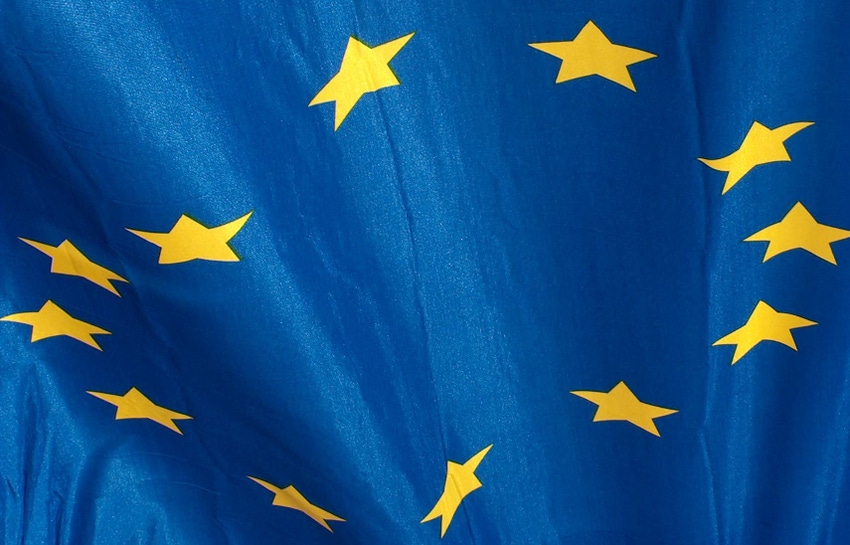With mobile roaming charges set to end completely next year the EC has published details guidelines that it hopes will prevent abuse of the system.
September 5, 2016

With mobile roaming charges set to end completely next year the EC has published details guidelines that it hopes will prevent abuse of the system.
One of the biggest concerns from operators when the process of scrapping roaming charges across the European Union was the spectre of being undercut domestically by cheaper foreign operators. The fear was that domestic consumers would, in effect, permanently ‘roam’ by buying their phone service from the cheapest provider, regardless of location.
The EC anticipated this and today published a punishingly exhaustive (but apparently still unfinished) document inviting CSPs to draft a roaming fair use policy and laying out the parameters they must stay with in doing so. Here’s an attempt to sift through the legalese and provide a summary:
Roaming is capped at 90 days per year
A roaming customer must log back into the domestic network at least once every 30 days
Logging out of the domestic network, then back in, in the same day doesn’t count as a day spent roaming
Prepaid users need to have spent the published average amount for a user before they’re allowed to roam
Unlimited bundle subscribers should be allowed to use at least the average volume of all users of that tariff
Contracts are allowed to make appropriate contingencies against potential abuse such as multiple SIMs on the same account, SIM inactivity and SIM cloning
That’s as far as we could get without losing the will to live, but the legal and billing departments of all European operators will presumably feel compelled to subject themselves to the full 17-page experience, including two annexes containing a load of arcane mathematical formulae.
In other EC news the mega-bureaucracy has published its 2016 Consumer Markets Scoreboard, which is the product of a consumer confidence survey into 42 goods and services markets. The bad news for telecoms is that it, together with energy, has been identified as an underperformer.
“We can see from this year’s Scoreboard that consumer-friendly rules, market reforms, as well as effective enforcement of consumer rules, have made consumers more confident in the markets,” said Věra Jourová, Commissioner for Justice, Consumers and Gender Equality. “We must keep this encouraging trend going, especially for markets that still underperform, like telecoms and energy.”
There was no detail on what telecoms is doing wrong, just an insistence that is must do better. You can access the report in all its 198-page glory here, as well as a trove of fact sheets and infographics.
About the Author(s)
You May Also Like








.png?width=300&auto=webp&quality=80&disable=upscale)


_1.jpg?width=300&auto=webp&quality=80&disable=upscale)


.png?width=800&auto=webp&quality=80&disable=upscale)